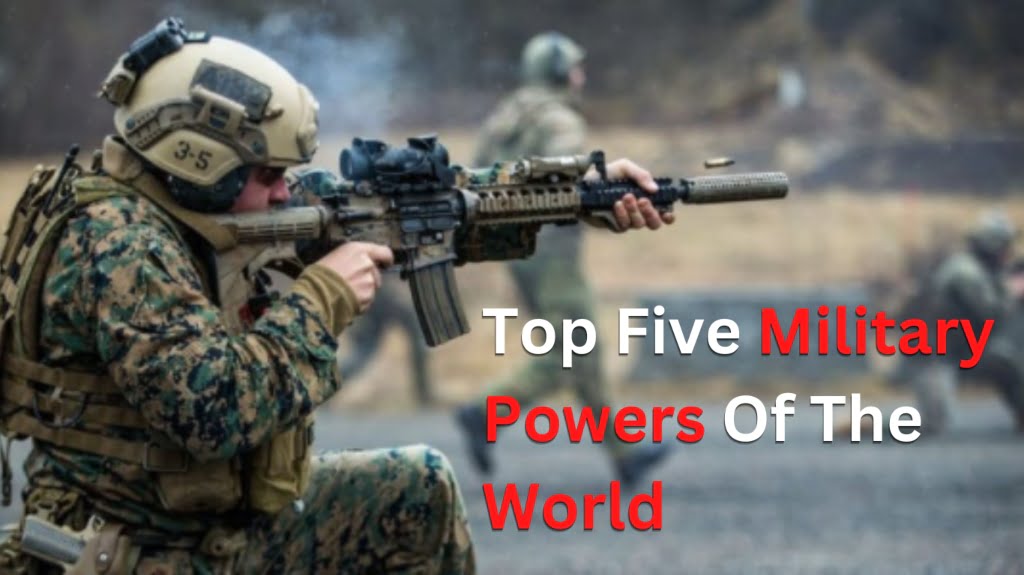The strength and capabilities of military forces often shape the global geopolitical landscape. In this article, we delve into the concept of military strength and examine the key factors that determine the strongest military in the world.
By considering a range of criteria such as budget, manpower, technology, and combat capabilities, we will shed light on the nations that possess the most formidable military forces on the planet.
United States of America:
The United States is widely regarded as the world’s leading military power. Its armed forces boast unparalleled strength, technology, and global reach. The U.S. defense budget is by far the largest in the world, enabling it to maintain a substantial military presence across the globe.
With cutting-edge technology and an extensive network of military bases, the U.S. possesses advanced capabilities in air, sea, and land warfare. The country’s highly skilled and well-trained personnel further enhance its military prowess, ensuring its dominance in conventional warfare scenarios.
Russia
Russia, with its long-standing military heritage and vast territorial expanse, emerges as a major player in global military affairs. Its military might is anchored in its significant nuclear arsenal, robust defense budget, and well-equipped and battle-hardened army.

The Russian military has demonstrated its capabilities in recent conflicts, such as its involvement in Syria, showcasing its advanced weaponry and tactical expertise. Additionally, Russia’s robust aerospace industry has enabled it to develop state-of-the-art military aircraft and missile systems, further bolstering its military strength.
China
China’s rise as a global economic powerhouse has been accompanied by a significant expansion and modernization of its military. With the largest active military force in the world, China’s People’s Liberation Army (PLA) has undergone a substantial transformation in recent decades.
The country’s defense spending has witnessed consistent growth, allowing China to develop advanced military technologies, including fifth-generation fighter jets, ballistic missiles, and aircraft carriers. China’s expanding naval capabilities, coupled with its territorial ambitions, have propelled it into the realm of major military players.
Israel
Despite its relatively small size, Israel boasts one of the most technologically advanced and battle-tested militaries globally. Constantly adapting to the threats it faces in the region, Israel invests heavily in defense research and development, resulting in the creation of cutting-edge weaponry and sophisticated defense systems.
Its military’s proficiency is exemplified by its successful operations, including targeted airstrikes, covert operations, and cyber warfare. Israel’s focus on intelligence gathering, special forces, and unconventional tactics further contribute to its reputation as a powerful military force.
Other Notable Mentions
While the aforementioned nations dominate discussions of military strength, several other countries possess formidable armed forces. The United Kingdom, with its robust military traditions and advanced technology, remains a significant player. France, with its strong military heritage and advanced nuclear capabilities, also commands respect.

Additionally, India, with the world’s second-largest active military personnel, and Japan, with its highly capable self-defense forces, should not be overlooked.
Conclusion
The concept of military strength is multifaceted, encompassing various factors such as technology, budget, personnel, and combat experience. While the United States continues to reign as the strongest military force globally, Russia and China have emerged as formidable contenders.
Meanwhile, Israel demonstrates that size does not necessarily dictate military might, showcasing its technological innovation and operational excellence. The global military landscape remains dynamic, with nations constantly investing in new technologies and strategies to maintain or enhance their military capabilities.

